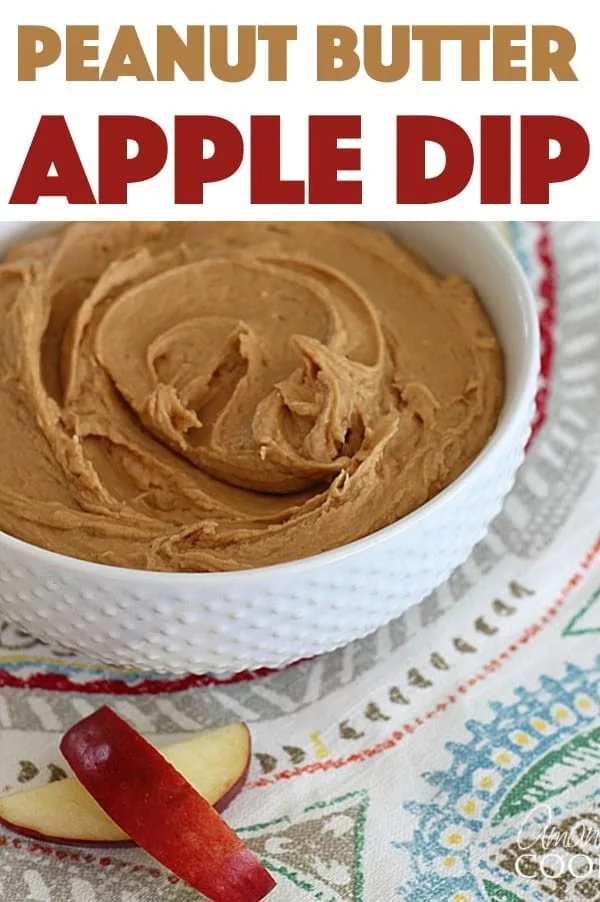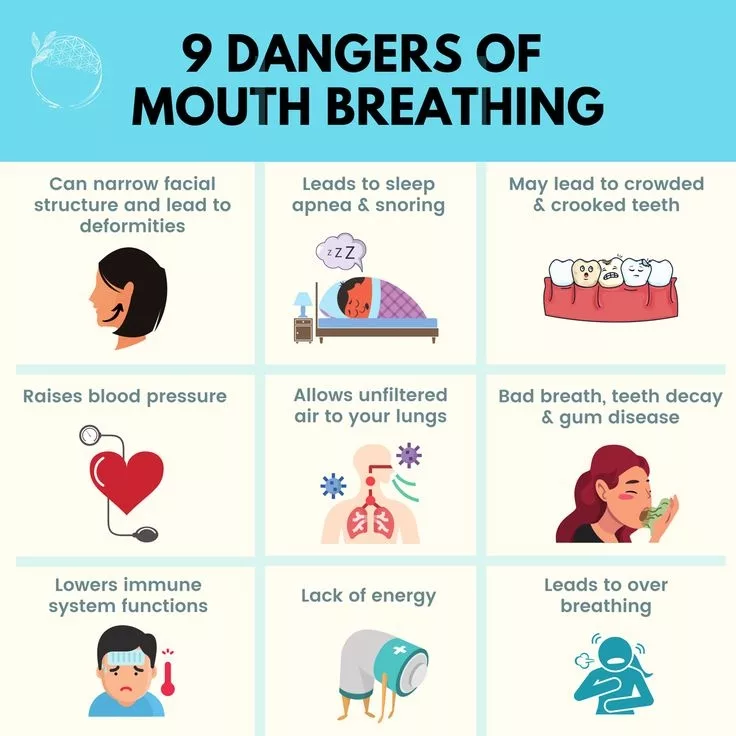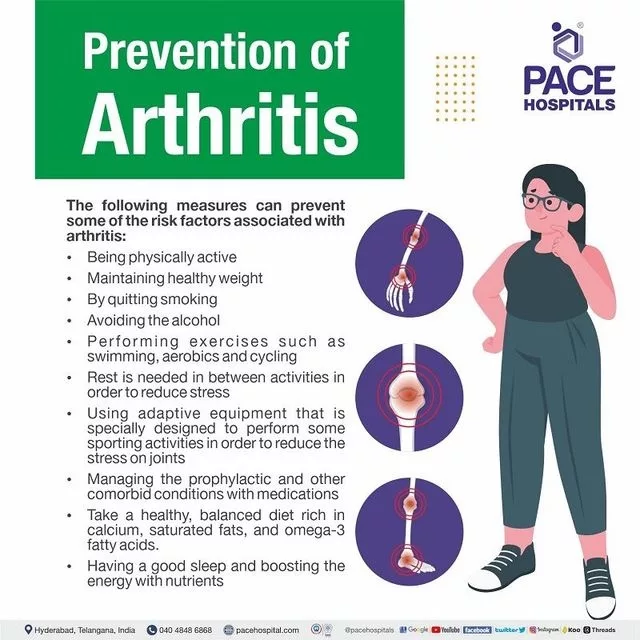Foods Beneficial for Gout VS Foods That Worsen Gout
Hello! I am here to help you enjoy a healthy and comfortable life. Today, we are going to explore foods related to gout. Let’s learn together about foods that are beneficial for gout and foods that can worsen it. Let’s get started!
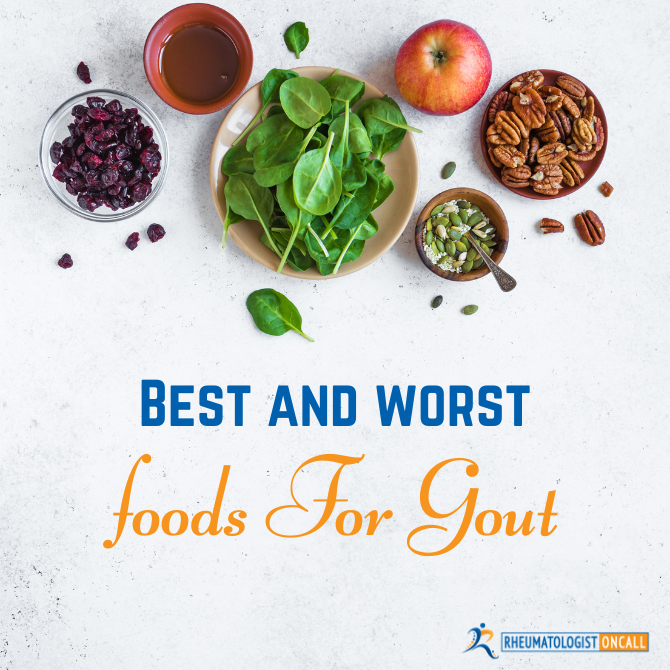
What is Gout?
Gout is a chronic joint disease where inflammation occurs in the tissues around the joints. It mainly affects small joints such as fingers, toes, wrists, ankles, and knees, and can cause pain, swelling, inflammation, movement restrictions, and deformation. Gout is known to be caused by the accumulation of uric acid crystals around the joints, leading to inflammation.
Understanding the Causes and Symptoms of Gout
Gout primarily occurs due to excessive production or abnormal metabolism of uric acid. Uric acid is a substance produced in the body and is usually excreted through the kidneys. However, some people cannot excrete uric acid properly or produce it excessively, leading to the formation of uric acid crystals that accumulate around the joints.
The main symptom of gout begins with sudden joint pain. The pain typically starts at night and manifests as persistent, severe pain, often occurring in the first joint of the big toe. Other symptoms may include swelling, inflammation, fever, and skin discoloration.
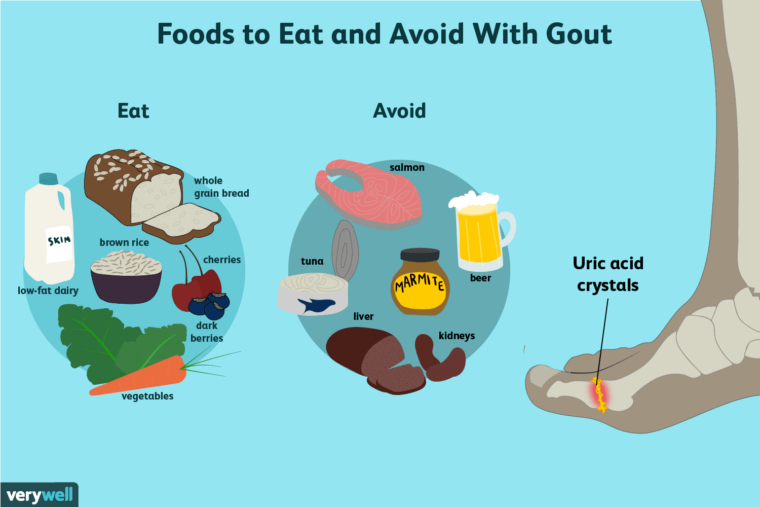
Introducing Foods Beneficial for Gout
To prevent or alleviate the symptoms of gout, here are some foods that can help. These foods can help manage gout by inhibiting uric acid production or promoting its excretion.
-
Cherries: Cherries are known as natural anti-inflammatories. They are rich in anthocyanins, antioxidants that can help reduce gout-related symptoms.
-
Milk and Dairy Products: Low-fat milk and dairy products can help prevent gout attacks by inhibiting uric acid production. The calcium in milk can also help prevent the formation of uric acid crystals.
-
Acidic Foods: Fruits like lemons, limes, and oranges can help lower blood uric acid levels. These fruits promote the excretion of uric acid, aiding in the management of gout.

Exploring Foods That Worsen Gout
People with gout should be cautious about consuming certain foods. Here are some foods that can worsen gout.
-
High-Purine Foods: High-purine foods promote the production of uric acid and can trigger gout attacks. These foods include organ meats, mackerel, squid, dried meat, and processed meats.
-
Alcohol: Alcohol can reduce uric acid excretion, worsening gout attacks. Therefore, people with gout should limit their alcohol intake.
-
Excessive Sugars: Excessive sugar intake can increase uric acid levels in the body, triggering gout attacks. It is advisable to avoid foods high in sugar such as candies, sodas, and sweets.
Investigating the Relationship Between Legumes and Gout
Legumes have a somewhat complex relationship with gout. Some studies suggest that legumes can help prevent gout by inhibiting uric acid production. However, legumes contain other nutrients that can complicate this relationship. Therefore, people with gout should consult with their doctor to determine the appropriate amount of legume intake based on their individual circumstances and health condition.

The Relationship Between Meat Consumption and Gout
Meat is known for its high purine content, making it unsuitable for gout prevention. Especially, organ meats, processed meats, and meats with a lot of used parts have higher purine content and can trigger gout attacks. However, it is not necessary to avoid all meats. It is important to consume a balanced diet considering various nutrients and appropriate intake levels.
The Impact of Fruit Choices on Gout
Fruits are generally known to help prevent gout. They are rich in dietary elements and antioxidants that can help reduce inflammation and promote uric acid excretion. Therefore, people with gout should include a variety of fruits in their diet for a healthy balance.
Guide to Choosing Healthy Beverages
Choosing the right beverages can also play an important role in preventing and managing gout. Here is a guide to choosing healthy beverages.
-
Water: Water helps remove toxins from the body and maintain body temperature. It is especially important for people with gout to drink enough water.
-
Green Tea: Green tea contains catechins, antioxidants that can help reduce inflammation and prevent gout. It also promotes uric acid excretion.
-
Grapefruit Juice: Grapefruit can help prevent gout by inhibiting uric acid production. Grapefruit juice is a natural antioxidant that can help reduce inflammation.

Diet Management Tips for Gout Patients
Gout patients can alleviate and prevent symptoms through diet management. Here are some diet management tips for gout patients.
-
Low-Purine Diet: It is advisable to limit high-purine foods as much as possible. This includes avoiding organ meats, mackerel, squid, dried meat, processed meats, etc.
-
Variety of Fruits and Vegetables: Fruits and vegetables have antioxidant properties that help reduce inflammation and promote uric acid excretion. It is good to consume a variety of fruits and vegetables to ensure a balanced intake of nutrients.
-
Sufficient Water Intake: Drinking enough water is important for preventing and managing gout.
 Water helps remove toxins from the body and regulate body temperature.
Water helps remove toxins from the body and regulate body temperature.
Lifestyle Tips for Preventing and Managing Gout
In addition to diet, improving daily lifestyle habits is important for preventing and managing gout. Here are some lifestyle tips for preventing and managing gout.
-
Weight Management: Obesity can be a factor that triggers gout attacks. Maintaining a healthy weight and reducing body fat can help prevent gout.
-
Exercise: Regular exercise helps maintain joint flexibility and promotes blood circulation, aiding in the prevention of gout. However, excessive exercise can promote uric acid production, so it is important to maintain a proper amount of exercise.
-
Alcohol Limitation: Alcohol can reduce uric acid excretion and worsen gout attacks. It is advisable to limit alcohol intake as much as possible.
In conclusion, we have explored foods beneficial for gout, foods that worsen it, and diet and lifestyle tips for gout patients. For effective prevention and management of gout, it is most important to follow dietary and lifestyle advice tailored to individual circumstances and health conditions. We hope that consistent practice and consultation with a doctor will help you effectively manage gout.


